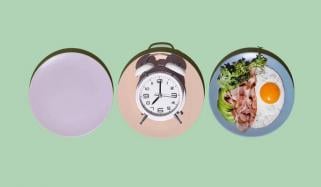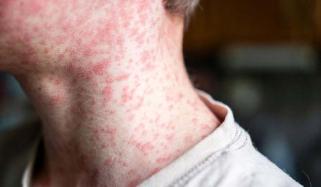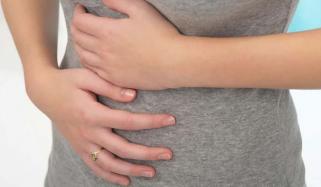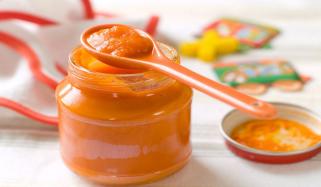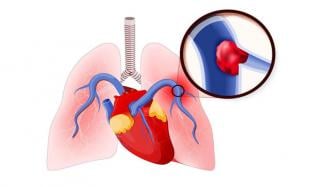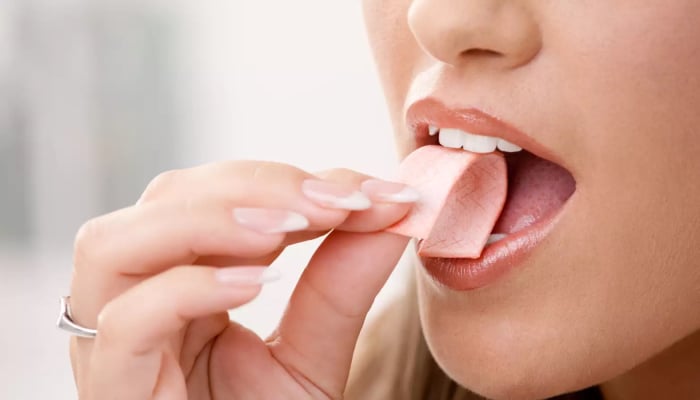
A new study has revealed the alarming levels of microplastics that shed in the human mouth with every chew.
According to Popular Science, a study presented during the American Chemical Society spring meeting has found that chewing gum, whether synthetic or natural, releases hundreds of polymer particles into our mouths.
A team led by engineering professor Sanjay Mohanty at the University of California, Los Angeles (UCLA), asked volunteers to test 10 different commercially available chewing gums, five with synthetic additives and five with only natural ingredients.
Related: Here’s how microplastics contaminate our food
Researchers then collected saliva samples of participants after every 30 seconds and one after cleaning their mouths with water.
The study co-collaborator, Lisa Lowe, stated, “Our initial hypothesis was that the synthetic gums would have a lot more microplastics because the base is a type of plastic. Surprisingly, both synthetic and natural gums had similar amounts of microplastics released when we chewed them.”
After analysing the saliva, researchers noted that one gram of gum contained at least 100 microplastics or up to 600. One piece of gum is around 2-6 grams, which means that every chewing gum releases more than 3,000 microplastics in your mouth, making the annual consumption around 30,000 microplastics.
Mohanty said that the ultimate goal of the study is not to alarm anybody but to highlight the fact that people are exposed to plastics in everyday life.
Mohanty warned, “The plastic released into saliva is a small fraction of the plastic that’s in the gum. So, be mindful about the environment and don’t just throw it outside or stick it to a gum wall.”
Further, Lowe recommended chewing one piece of the gum as long as possible before moving to the next stick, as it shed most of the microplastics in the first couple of minutes of chewing.
Related: You are breathing in microplastics at home: Here is how

